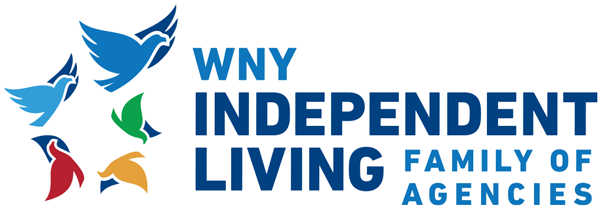Public Relations
Independent Perspective
Western New York Independent Living’s Weekly Podcast is designed to provide updates about agency and community service, programs, and events.
Recent Episodes
March 1, 2026
Call for Performers at the 2026 Disability Pride Festival with Sophia Roberts
February 15, 2026
A Discussion on Fair Housing with WNYIL’s Chief Policy Officer Todd Vaarwerk
February 1, 2026
Loan Closets at WNYIL’s Independent Living Centers with Aaron Baier & Niccanda Watkins
January 25, 2026
Volunteer Opportunities at Niagara Frontier Radio Reading Service with Marian Hetherly
January 18, 2026
ILGR’s ARTiculations Exhibition Project with Rae Frank & Llana Cowie
To listen to additional episodes, visit the Independent Perspective podcast site.
Independent Perspective In-Depth
Learn about some of WNYIL’s programs and services in-depth.
Recent Episodes
We’re Here to Help You.
Do you have feedback, questions or concerns? Call 1-800-348-8399 or click the link below for assistance.
